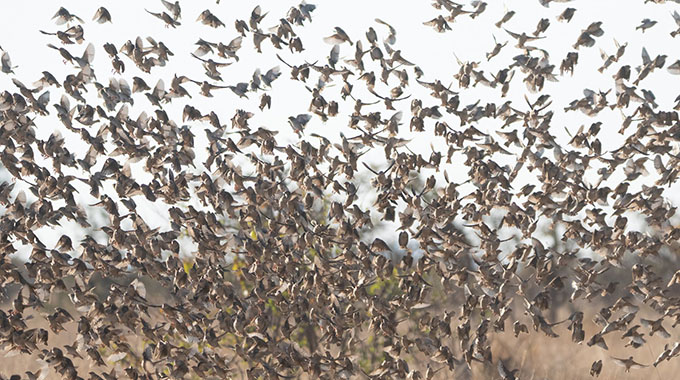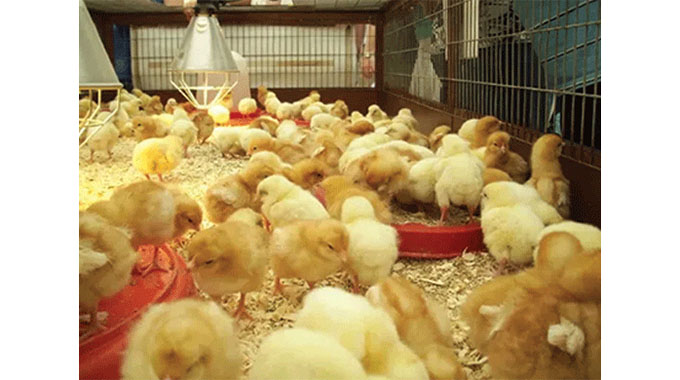Govt mobilising resources to fight quelea birds

Sharon Shayanewako
THE Government is mobilising resources in anticipation of possible quelea bird attacks on crops following its initiative to include traditional grains in the Pfumvudza/Intwasa package in response to the country’s different agro-ecological regions’ soil and climatic requirements.
The inclusion of traditional grains in the forthcoming 2022/23 season is meant to climate-proof rural households and boost food security and incomes in line with the climatic and soil dictates of the agro-ecological regions in which they are situated.
The Department of Migratory Pest and Biosecurity Control Unit under Ministry of Lands, Agriculture, Fisheries, Water and Rural Development is overseeing the resource mobilisation process.
Acting director Migratory Pests and Biosecurity Control Department, Mr Shingirai Nyamutukwa yesterday said:
“As the 2022/23 cropping season is fast approaching, resource mobilisation for quelea bird control is underway. We recently procured 30 additional motorised backpack sprayers while additional chemicals are under procurement as we speak. Through support from the Government, we are also mobilising chemicals, protective clothing, vehicles among other fundamental resources to protect traditional grains farmers to make sure they can also get bumper harvests.”
Mr Nyamutukwa added that the objective of the initiative was to boost the yields or hectarage of traditional grains to ensure food security in the country.
Zimbabwe Integrated Commercial Farmers Union (ZICFU) president, Mrs Mayiwepi Jiti said the decision to mobilise resources to control birds was a move in the right direction, which would ensure food security.
“Pfumvudza programme has introduced traditional grains such as sorghum, pearl millet, sunflower and African peas, which are meant to boost both nutrition and food security for smallholder farmers mostly situated in the country’s arid regions that receive very little in terms of rainfall.
“Traditional grains are prone to bird attacks because they are birds’ favourite food. The provision of chemicals will be a great relief to farmers. We applause the Department of Migratory Pests and Biosecurity Control for this initiative, and we are certain that the yields for traditional grains will be better as a result,” said Mrs Jiti.
Quelea birds have been a threat to summer subsistence traditional grains in Zimbabwe every year and according to experts, they ravage about 10 grammes of the yield per day.
If not controlled adequately, they pose a serious threat to traditional grains, which can leave households reeling from food shortages and loss of possible incomes that come with surplus yields.









Comments